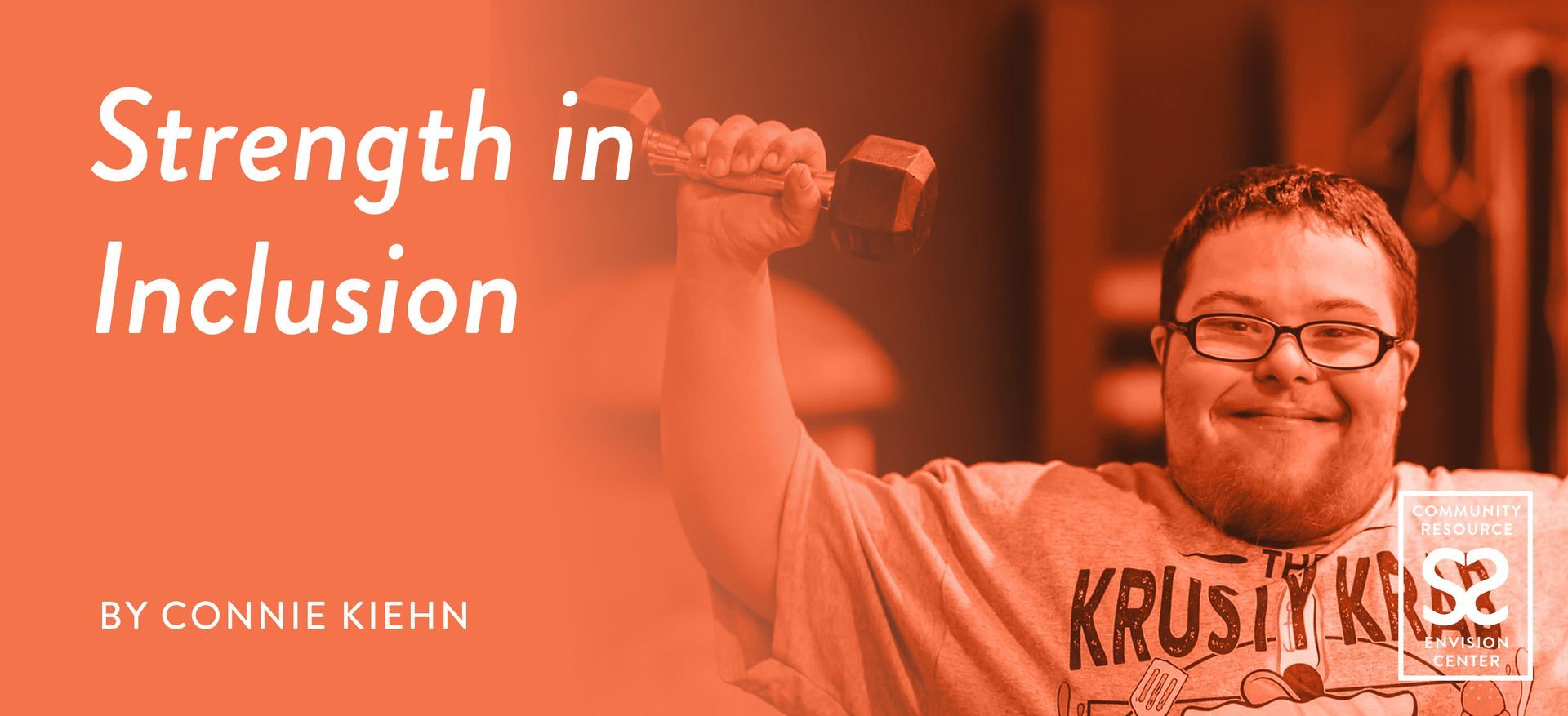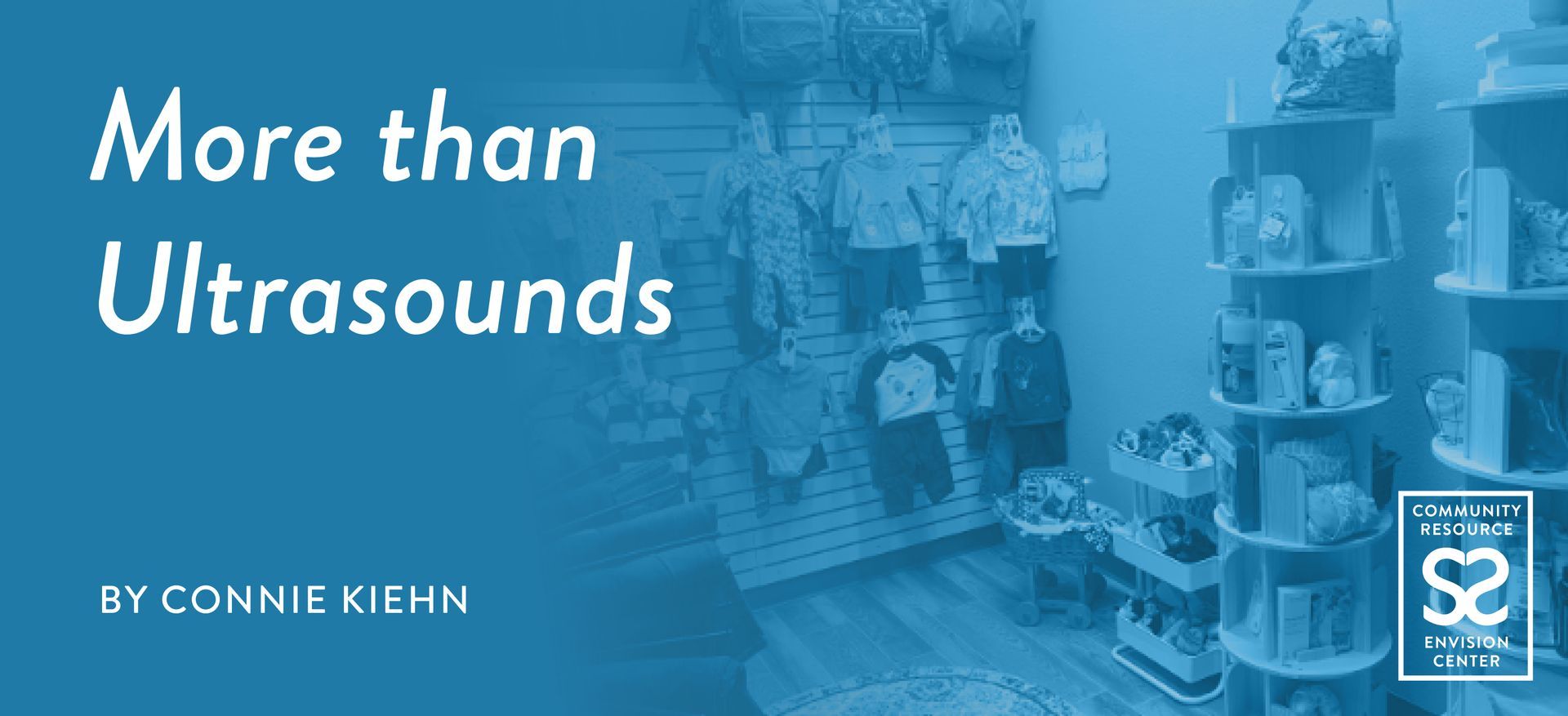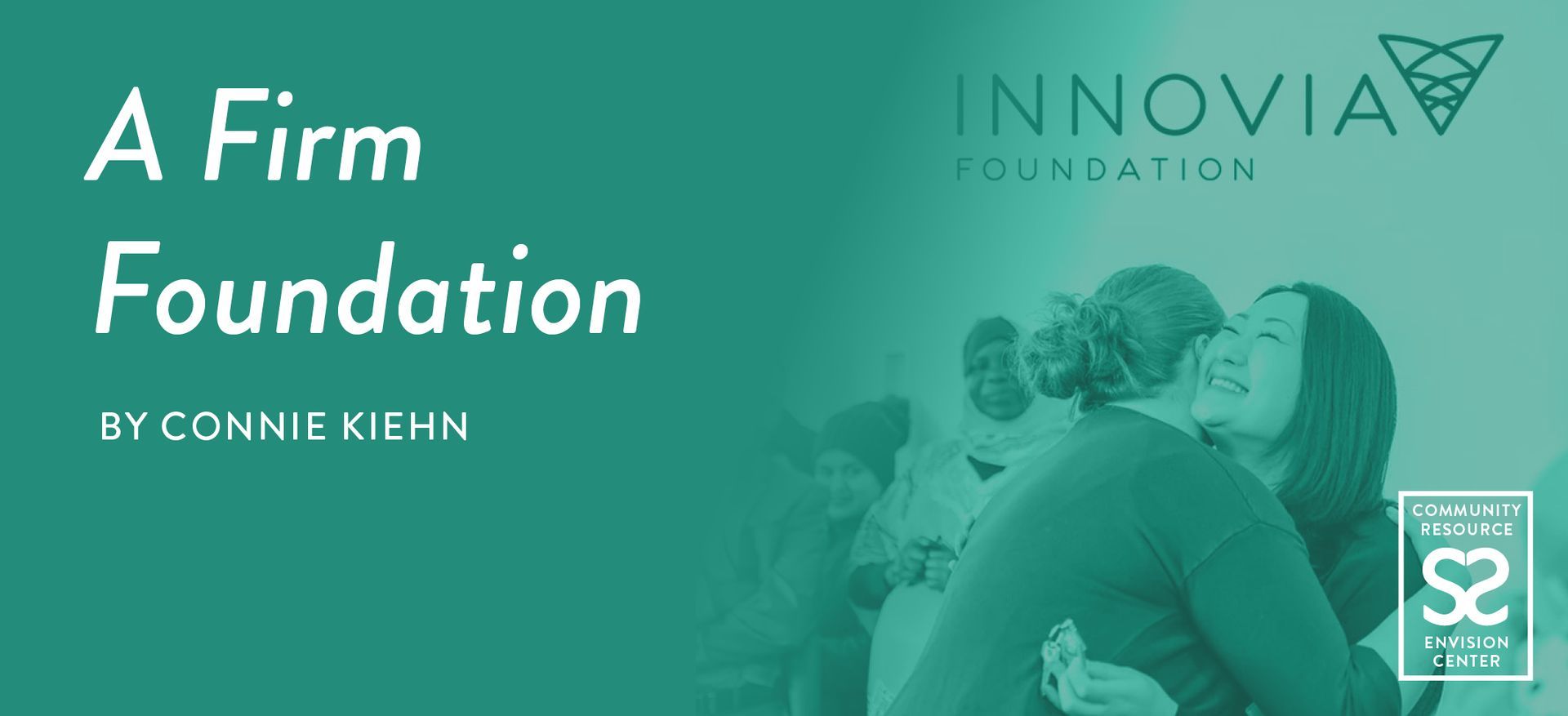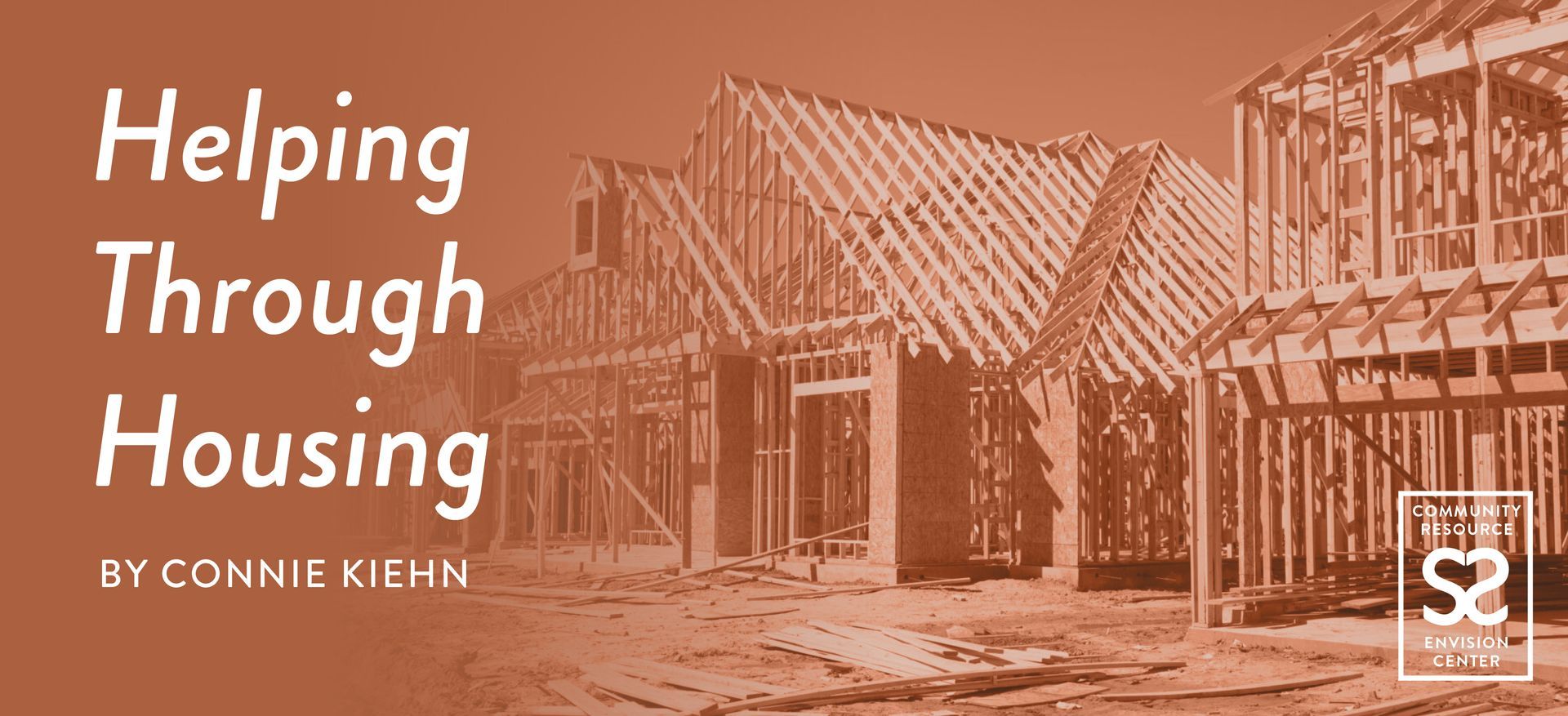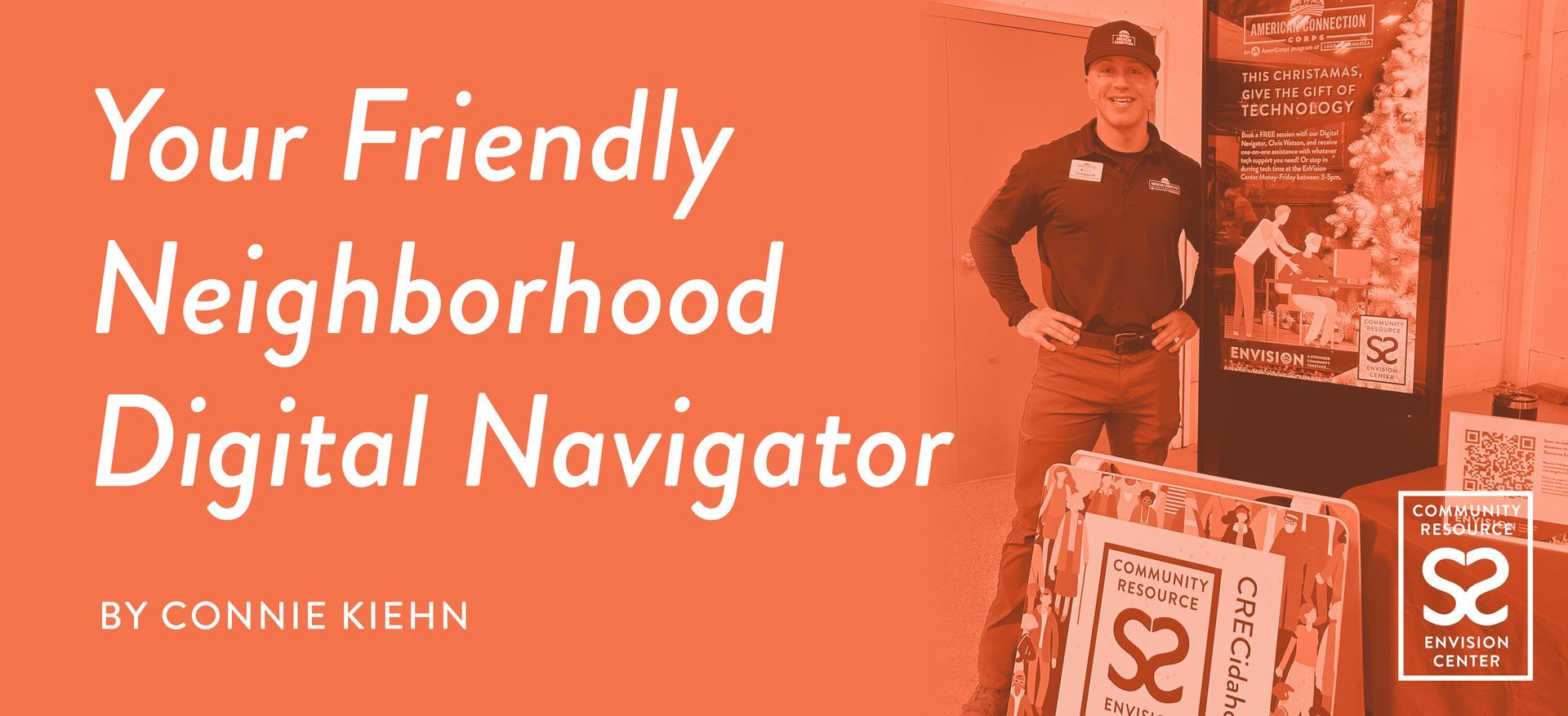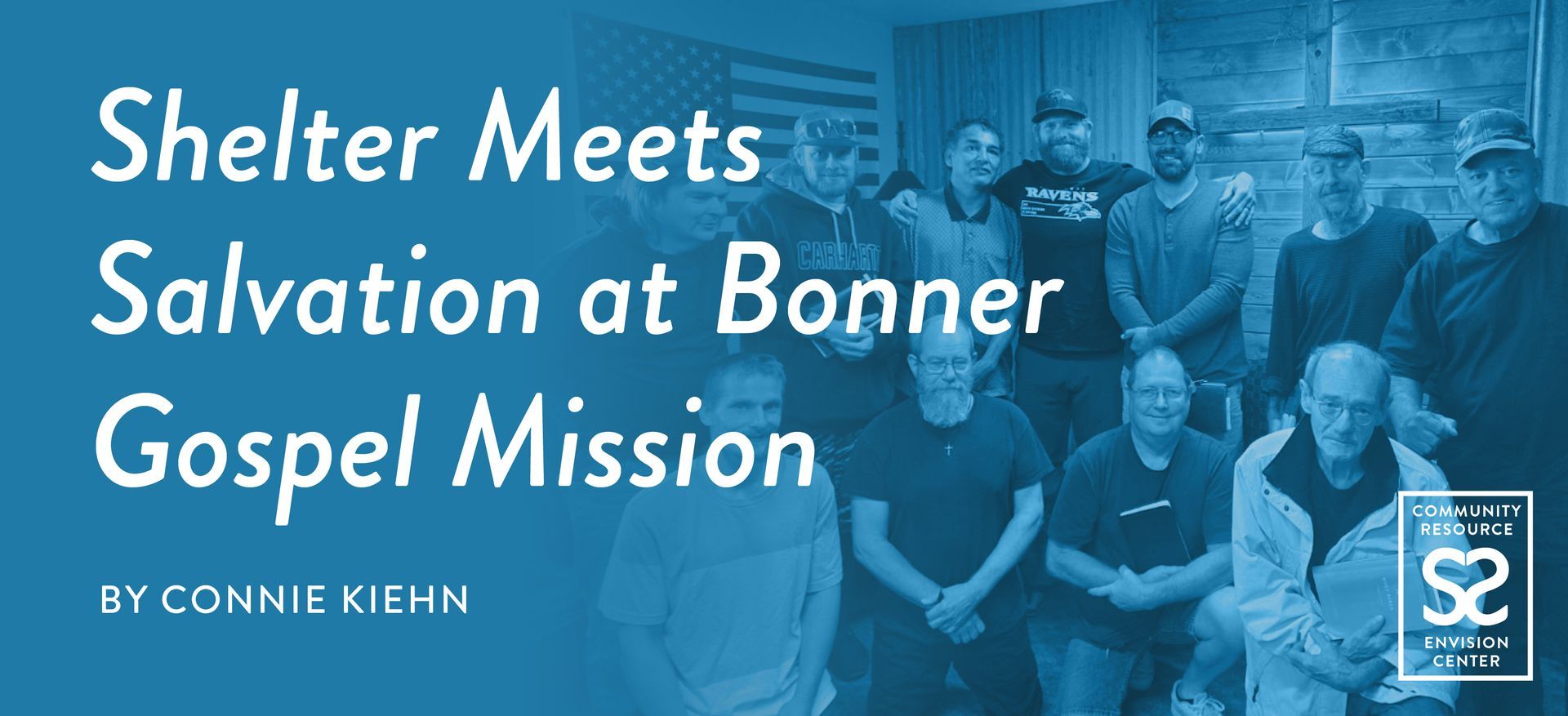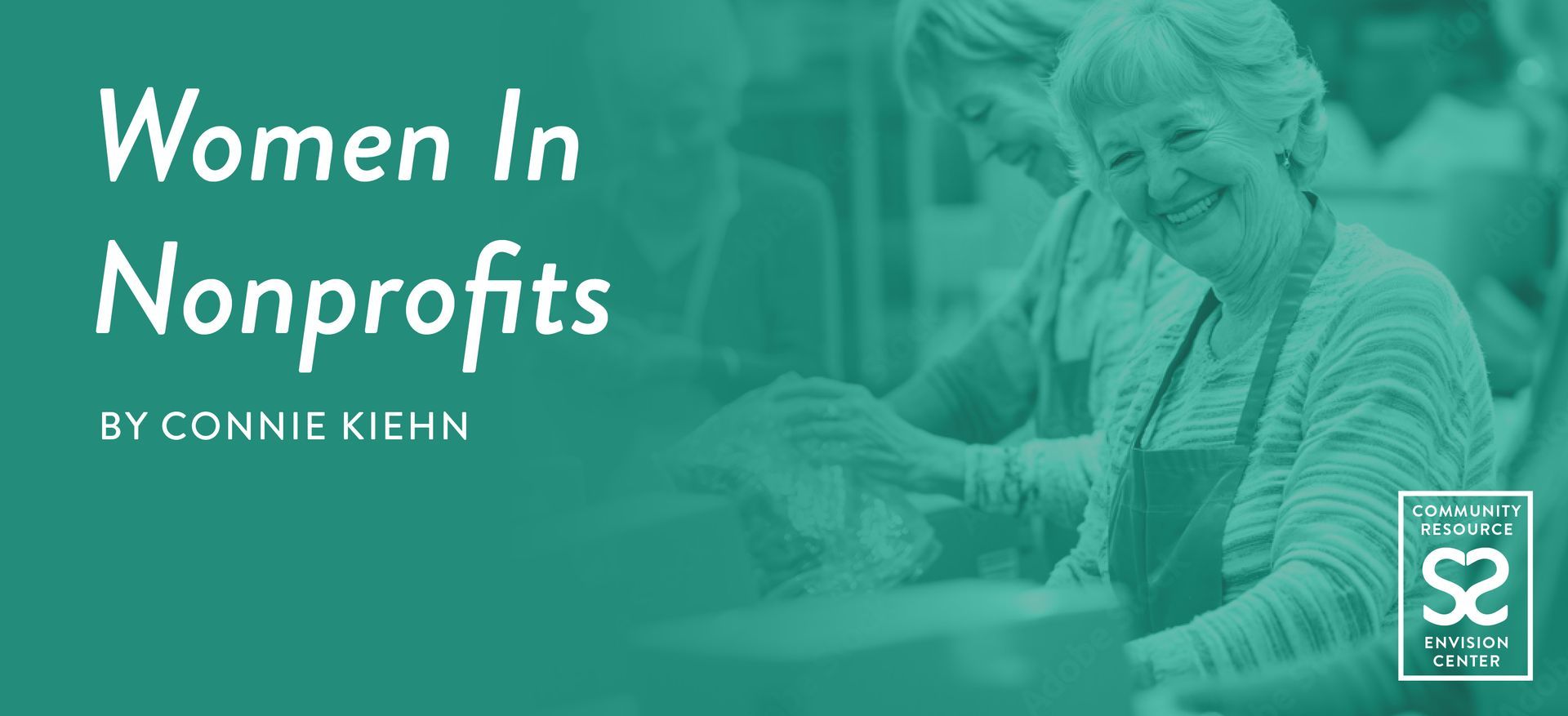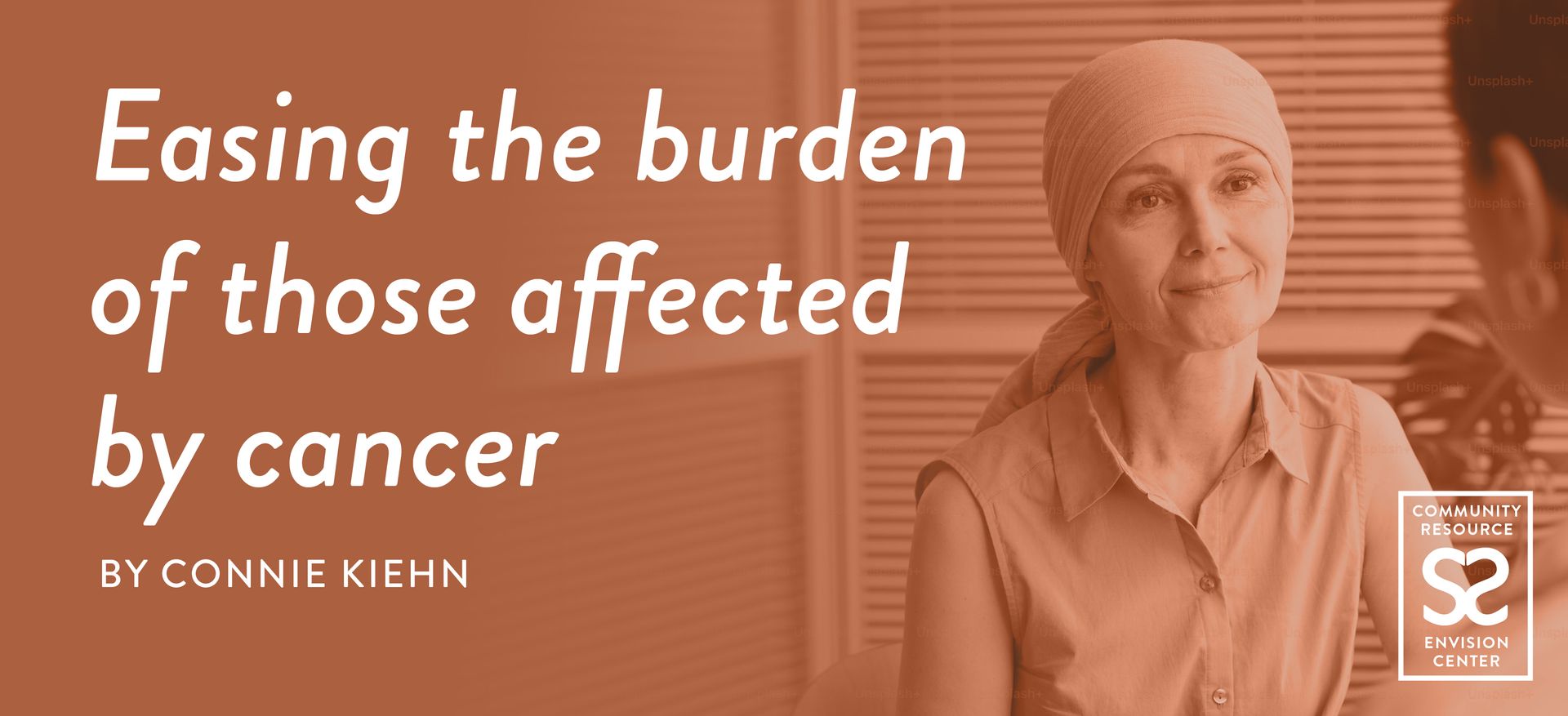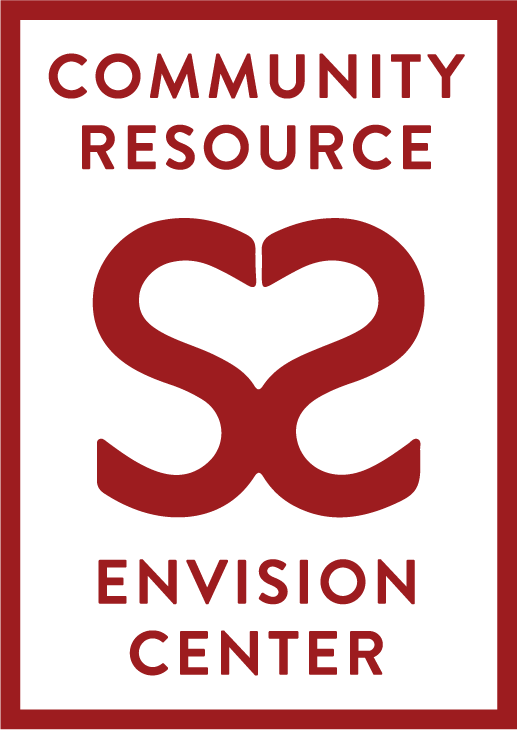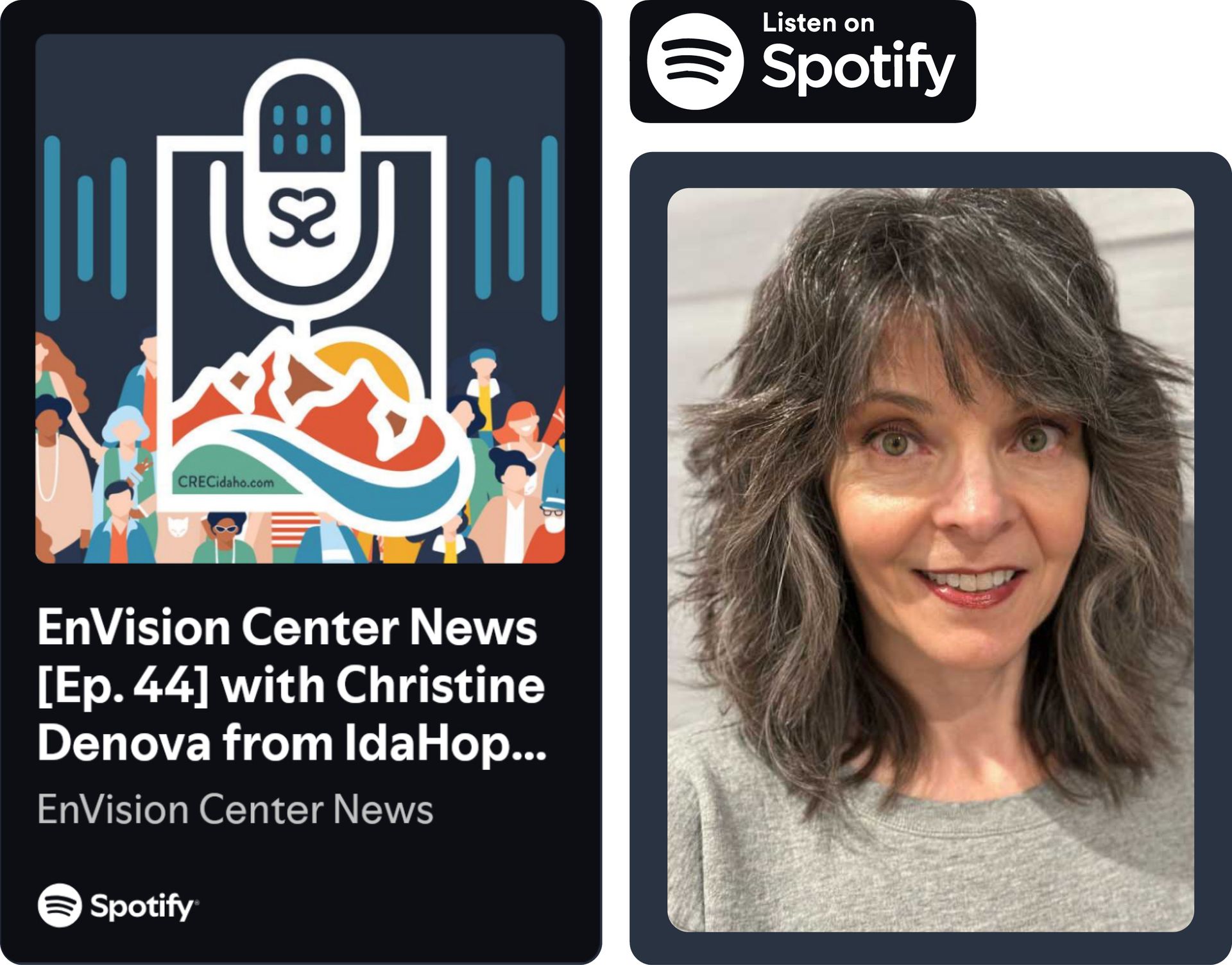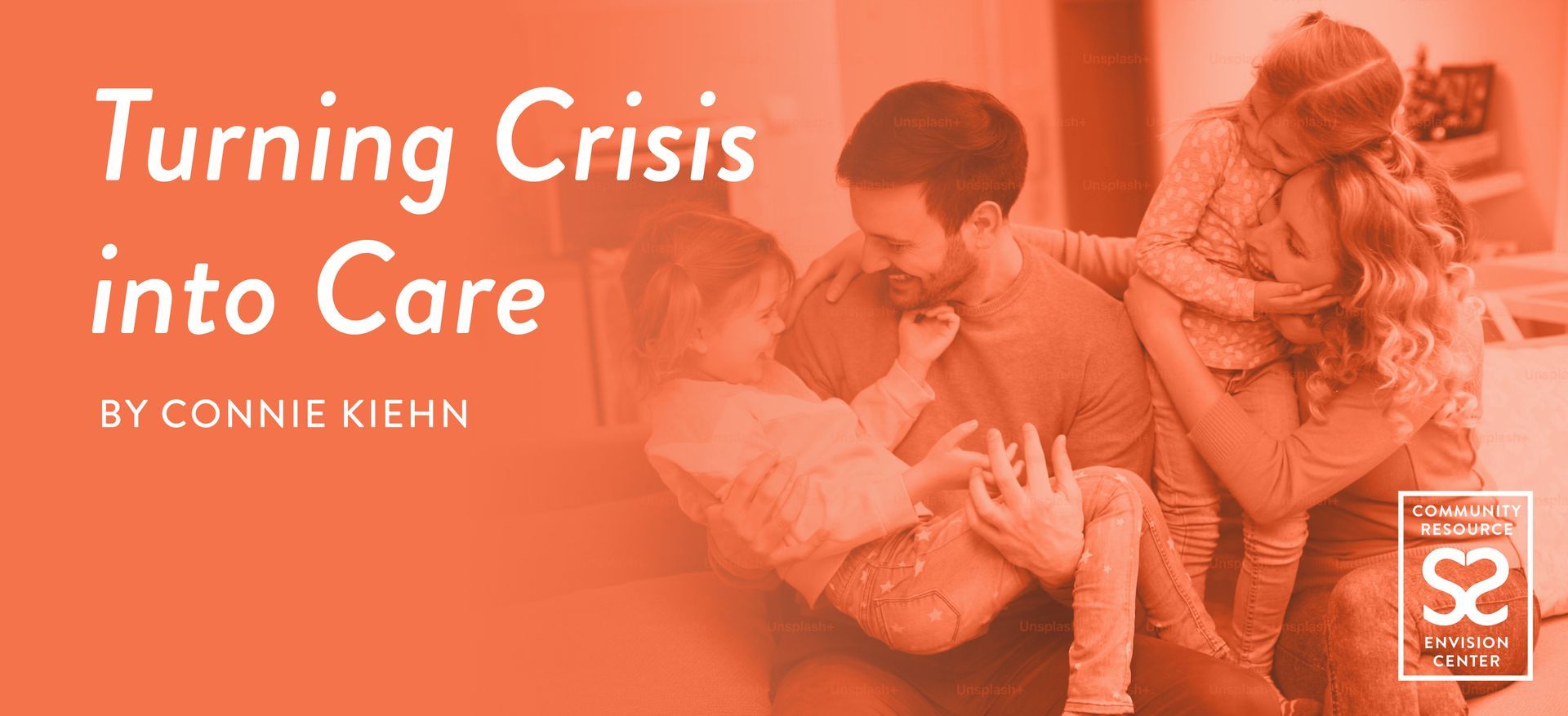
Turning Crisis Into Care
What happens when addressing one community need through nonprofit work leads you to discover another? Should you expand your nonprofit's capacity? Start a new organization and leave the old one behind? Encourage someone else to launch a nonprofit to address the newly discovered need? Or perhaps co-run two nonprofits simultaneously? This was the dilemma that faced Christine Denova while serving as the Executive Director at Life Choices Pregnancy Center.
The pregnancy center provided support to parents facing crisis pregnancies, helping them even in the early days after their baby was born. However, what sometimes happened was that parents would return five, six, or even seven years later, facing a new crisis. These crises included challenges such as an injury that put a parent on unpaid leave for weeks or months, sudden job loss, the death of a family member who provided financial support, or taking on a family member with special needs.
While the pregnancy center could sympathize with these situations, it wasn’t equipped to provide the necessary help. In response, the board began exploring options. Could they expand their services to assist families facing crises years after a child is born? After a year and a half of deliberation, the board decided to expand their ministry. However, they were stopped by one obstacle: the inability to secure the required insurance. The type of insurance needed for respite-style foster care could not be granted to a healthcare facility. Ultimately, the decision was made for them: to meet this need, a new organization would need to be formed. And so,
IdaHope Families was born.
The goal of IdaHope Families is to support families in crisis by offering a comprehensive network of services. Respite care is provided when a parent needs to be hospitalized. Aid is available when an unexpected situation leads to financial hardship. Parenting and budgeting classes are offered, and a key component of the services is a mentor who comes alongside the family.
“The mentor is such a vital part because when families are in crisis, it’s rarely just one problem,” explains Christine. “Our mentor serves as an advocate, helping the family stay accountable while walking with them through the process. The mentor also provides encouragement because, in those overwhelming moments, families need someone who believes in them and reminds them that they don’t have to face this alone.”
IdaHope Families serves not only families with young children but also those without underage children at home. To date, they have 62 local referring partners, including churches, school counselors, police departments, and other nonprofits like the
Community Resource EnVision Center. As a Christ-centered organization, mentors must be Christians and are trained and vetted by IdaHope Families. However, individuals who are not believers can still volunteer their time if they have specific skills and resources that might be needed, such as car mechanics, pet sitters, or people who can prepare a hot meal for a family in crisis.
Another distinguishing factor of IdaHope Families, compared to traditional foster care or similar services, is that parents always retain their parental rights. IdaHope Families does not seek to separate families unless there is an obvious case of abuse.
“One of my favorite success stories is when we helped a grandmother in her late 70s who had taken on guardianship of her special needs grandchildren,” Christine recalls. “She had done so lovingly for seven years, but as an older woman, she was becoming worn out. We stepped in to provide respite care so she could recuperate over the weekends, and eventually helped her find permanent care for the children after she suffered an injury. She still got to be grandma. She still got to be with them as much as she wanted.”
An impressive 99% of families who have sought assistance from IdaHope Families are successfully reunited, often in the most stable environment they’ve ever known. Christine and her team believe that children and parents thrive when they stay together and when parental rights remain intact. Through their network of mentors, skilled volunteers, and financial support, IdaHope Families provides a safe and secure environment that helps families stabilize, grow, and move forward positively.
By providing holistic support—whether through mentorship, financial assistance, or respite care—IdaHope Families not only helps families survive difficult moments but thrive in the long run. Christine and her team continue to build a network of hope, showing that with the right support, families can overcome any challenge and move forward together. As they expand their reach and impact, IdaHope Families remains a central component of family support in Bonner County, ensuring that no family has to face their struggles alone.

REFERENCES:
- https://lifechoicespc.org/
- https://idahopefamilies.org/
- http://CRECidaho.com
